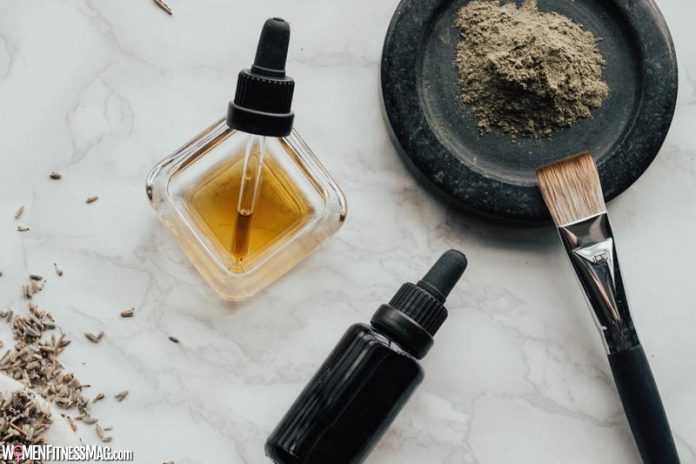What does Full Spectrum CBD Oil Mean? : There is a lot of confusion around CBD products because of how it is marketed. The term “full spectrum” has become a popular way to market CBD products without being misleading.
One thing that many people find confusing is the fact that hemp and marijuana are different parts of the cannabis plant.
The new legislation of Canada legalizing Cannabis has resulted in a flurry of headlines regarding the ramifications of this legalization. However, there is one aspect of this news that has been overlooked: Full spectrum CBD oil is now readily available to Canadians. Although CBD oils have been available in Canada for a while now, it has just recently been legalized on a federal level.
There is a lot of talk out there about full spectrum CBD oils and what that means exactly. As we know, each person is unique in how they absorb CBD into their system as well as how they react to it once it has been absorbed. This means that one person may use a full spectrum oil with success while another may find that their symptoms do not respond well to a full spectrum product. Full-spectrum CBD oil refers to a diverse profile of cannabinoids, terpenes, and other useful compounds that are extracted from the hemp plant.
While many ask this question, few have definite answers to it. The reason for this is that there are no rules or regulations on what constitutes full spectrum CBD oil. So, what exactly does the phrase imply? To comprehend what full spectrum CBD oil is, we must first comprehend the extraction process. In Canada, it can be made into a tincture or infused into a variety of items.
What is Full Spectrum CBD Oil?
CBD oil is a product that holds all of the cannabinoids, terpenes, and other components present in cannabis. These products may be referred to as “whole plant,” “full spectrum” or “broad spectrum” CBD. In full-spectrum CBD oil, all compounds present in the plant—cannabinoids, terpenes, and fatty acids—are included. This helps make it a more powerful anti-inflammatory and pain killing agent than pure CBD isolate.
When producers make, there is a distinction between pure CBD isolate and full-spectrum. ” Full-spectrum CBD oils do not include THC, the psychoactive component present in cannabis, contrary to popular assumption. Instead, they rely on their diverse cannabinoid content to deliver a host of therapeutic properties.
Full-spectrum oil is rich in cannabidiol (CBD), as well as many other beneficial cannabinoids like cannabinol (CBN), cannabigerol (CBG), and tetrahydrocannabivarin (THCV). The entourage effect is a term used by scientists to describe how cannabinoids operate together to produce therapeutic advantages that are larger than the sum of their parts.
How can one differentiate between Isolate and Full Spectrum CBD?
The key to understanding the difference between Full Spectrum CBD Oil and Isolate is to realize that these are products created by 2 different extraction processes.
In Full, the entire plant is used and as a result you will have a product that contains trace amounts of THC and other cannabinoids in addition to the active CBD.
CBD Isolate, on the other hand, is manufactured by an extraction process that removes all of the plant’s components, to save the active CBD ingredient. This process produces a pure crystalline that contains only CBD.
Full-spectrum CBD has a variety of cannabinoids in addition to CBD, which is one of its most significant differences when compared to CBD isolate. While both isolates and full-spectrum products contain some CBD, they can have very different effects when it comes to dosing.
The reason for this is that full spectrum CBD contains more than just CBD, but also several other cannabinoids. This means that full spectrum CBD will also contain THC – albeit a very small amount of it (0.3% or less). However, even though this amount is negligible, consuming significant amounts of it can cause you to fail a drug test.










